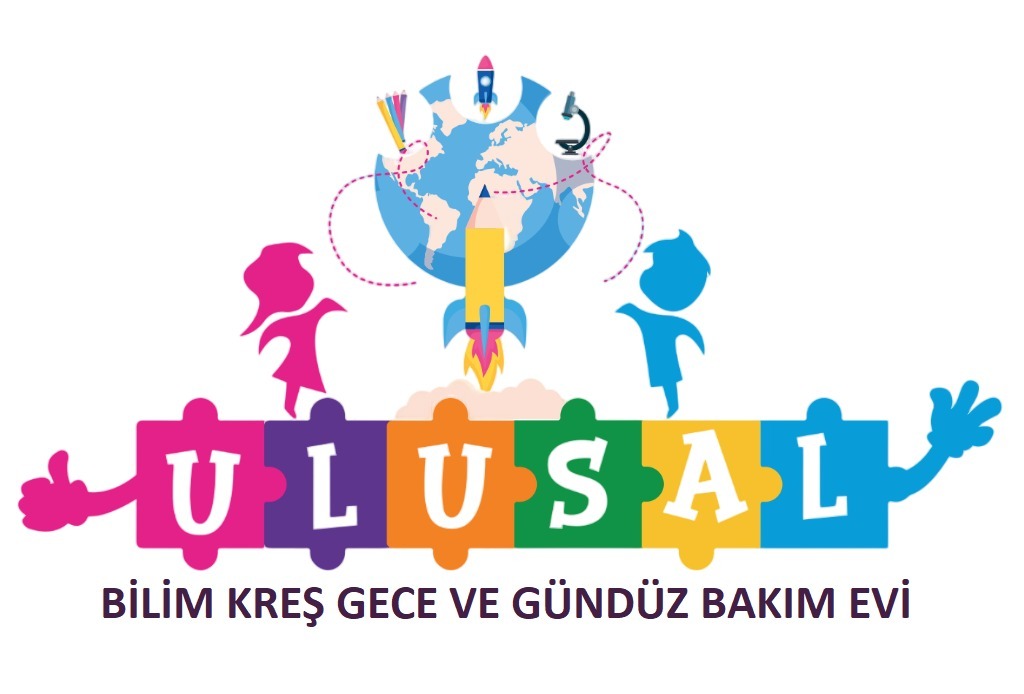Family and Social Consequences: How Engagement in Gambling Affects Relationships
Gambling is a widely popular activity that offers entertainment, excitement, and the potential for financial rewards. However, when gambling becomes excessive or poorly managed, it can lead to significant challenges in family dynamics and social connections. The impact of gambling extends beyond the individual, often influencing relationships and community interactions. Understanding these consequences is essential to fostering healthier habits and minimizing potential harm.
One of the most immediate effects of gambling is financial strain, which can place immense pressure on relationships. Excessive gambling often results in depleted savings, unpaid debts, or strained household budgets. This financial instability can lead to conflicts within families, eroding trust and creating a tense environment. Moreover, platforms like SeaStar casino highlight the importance of responsible engagement to ensure gambling remains a source of enjoyment rather than a trigger for discord.
The Impact on Family Relationships
Within families, gambling can disrupt communication and emotional bonds. Partners and children of individuals who gamble excessively may experience feelings of neglect or resentment. Time and energy that could be devoted to nurturing relationships are instead consumed by gambling activities, further widening the gap between family members.
Additionally, secrecy often surrounds gambling habits, as individuals may attempt to conceal losses or the extent of their engagement. This lack of transparency undermines trust and can lead to accusations or feelings of betrayal. Over time, unresolved conflicts and emotional distance may result in long-term damage to family relationships, including separation or estrangement.
Effects on Social Connections
Beyond the family, gambling can influence broader social networks. Social withdrawal is a common consequence, as individuals may prioritize gambling over maintaining friendships or community involvement. Financial difficulties caused by gambling can also make it challenging to participate in social activities, leading to further isolation.
On the other hand, gambling can serve as a social activity when approached responsibly. It can provide opportunities for social interaction and shared experiences. Platforms designed to encourage responsible gaming create environments where social bonds can flourish without leading to negative consequences.
To address these challenges, fostering open communication, setting boundaries, and seeking support can help mitigate the social and familial effects of gambling. Education about responsible gambling practices and early intervention can make a significant difference in preserving relationships and maintaining a strong social network.








